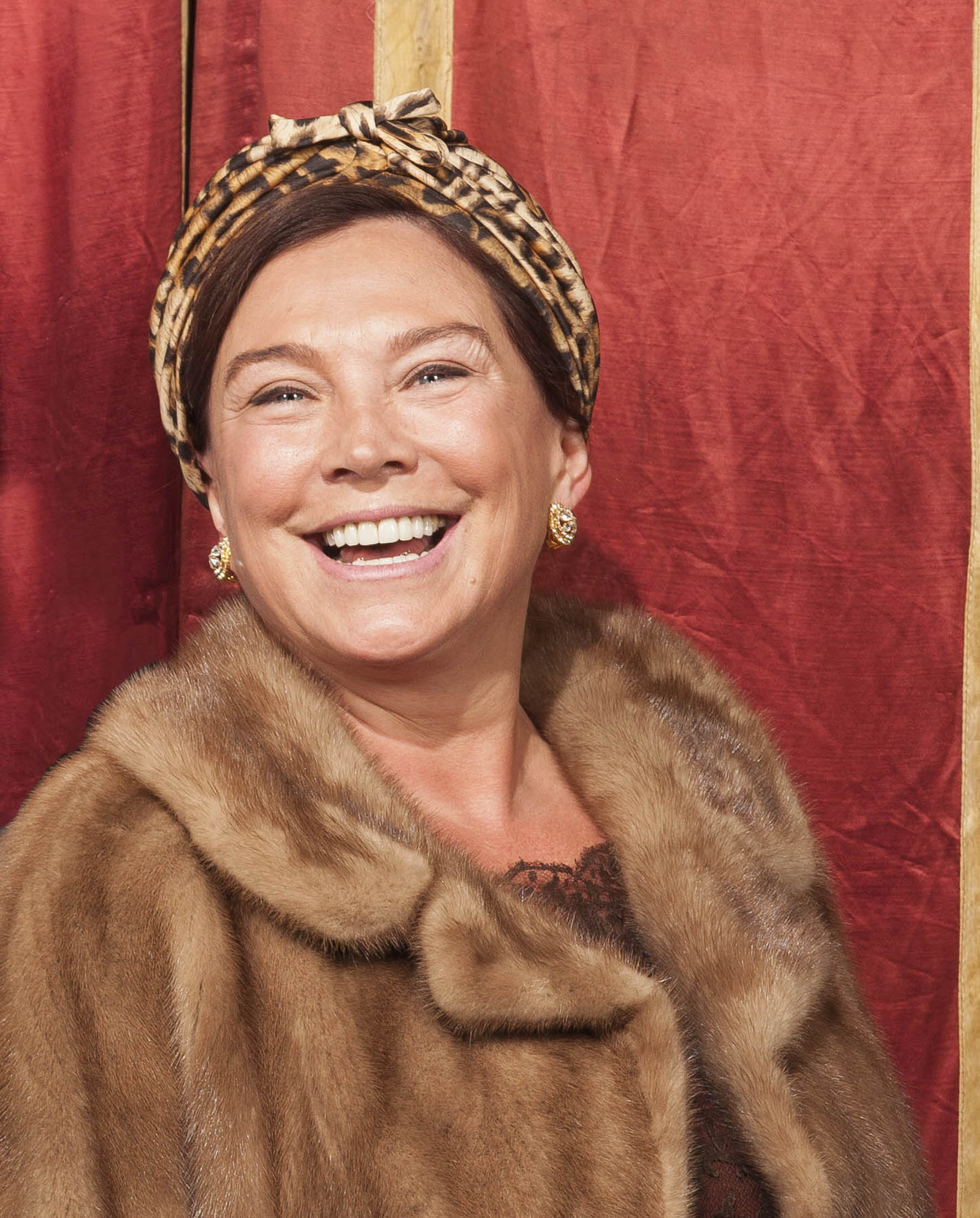Comedians offer rich pickings to dramatists – whether they fall into the crying clown category, or the nice bloke on stage and complete arse off it, or the side-splittingly funny performer who is as boring as watching paint dry in real life. So no surprise then that Tommy Cooper (1921-1984) is the latest funny man to get a television biopic, following in the wake of Kenneth Williams, Tony Hancock, Frankie Howerd and Hattie Jacques.
It's a good thing that, like those other comics, Cooper (David Threlfall) is dead (he famously died on stage live on television), for Simon Nye's drama was a warts-and-all assessment of the man; known for his fumbling magician stage persona, Cooper's private life was as messy as his professional shtick. Since Cooper's daughter Victoria initially gave her blessing – and Nye's work is partly based on the diary of his agent, as well as John Fisher's biography – one must presume that it is, allowing for some dramatic licence, broadly true. And – what do you know? – he falls into all the above stand-up categories, with a few others for good measure.

We saw Cooper charming Mary into bed, but also how crucial Dove was to his career. It was when Dove decided to spend more time with their two children that Mary replaced her as his assistant (without Dove's knowledge) on tour. Much of the animosity between Cooper and his agent – well-known in the industry at the time – sprang from Miff Ferrie's growing irritation at keeping the secret about Mary from Dove.
Cooper, despite his fumbling magician act, was a member of the Magic Circle. He used other writers' material, although rarely paid tribute to them, and his most famous tricks were developed by magician Ken Brooke (comic Jason Manford acquitting himself well in his first acting role). He was a great ad-libber, but also an entertainer who could never switch off – the last to leave the pub or the green room after a show, and always “on”. That was efficiently telegraphed by the family housekeeper walking off mid-sentence as he delivered a joke she had probably heard a million times before.

Cooper's darker side – the heavy-drinking to cope with stage fright and self-doubt, his violence towards women – was given as much time as his comedy in Benjamin Caron's entertaining if overlong film. And Nye threw in enough of Cooper's routines and groan-inducing jokes – “I bought my wife a wooden leg for Christmas. It's not her main present, it's a stocking-filler” – to remind us of how funny he was. Thankfully, the violence was mostly hinted at, rather than shown.
Threlfall gave a magnificent performance as the comic, recreating his stage act and delivery almost perfectly. But he struggled to convey any inner turmoil – perhaps Cooper wasn't a deep person, as Nye had him saying at one point – and in striving for an at times uncanny impersonation some finer shading got lost. McCrory and Redman, meanwhile, were superb and made their characters wholly real and rounded. Full marks to Nye for trying to unravel the complexities of a troubled man, but ultimately I'm not sure he went much beyond the cliché of the tears of a clown.














Add comment